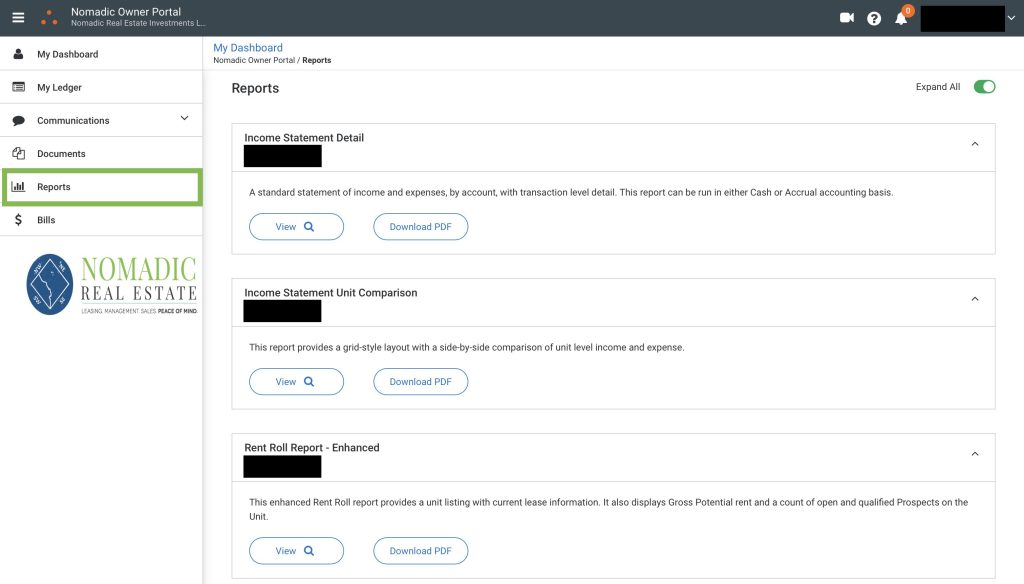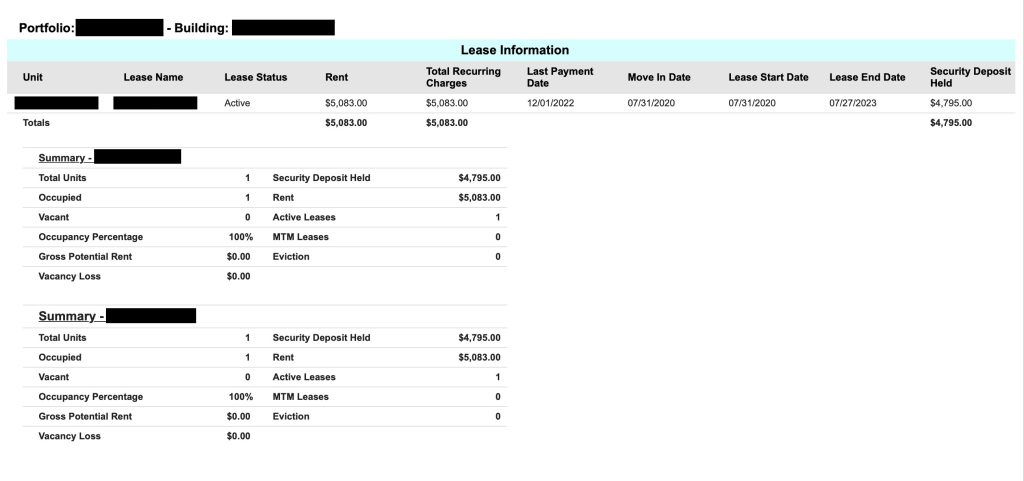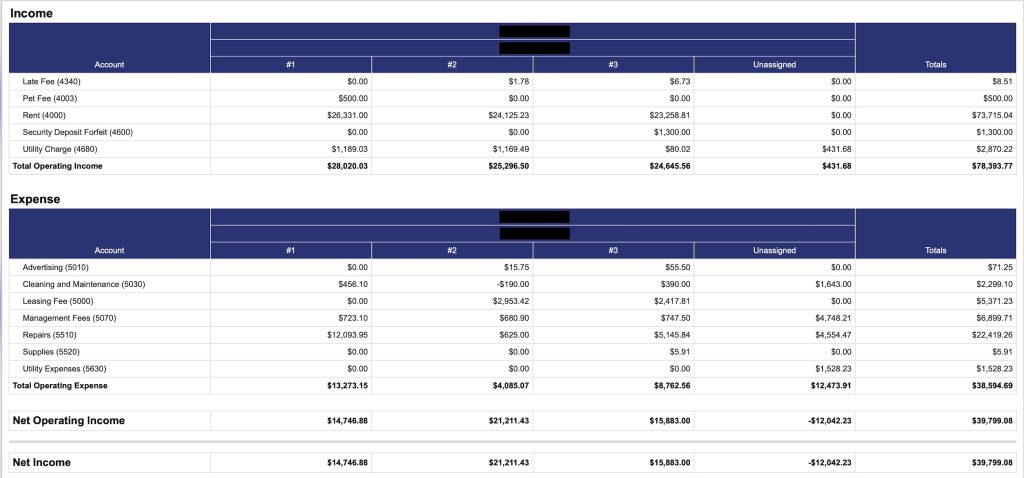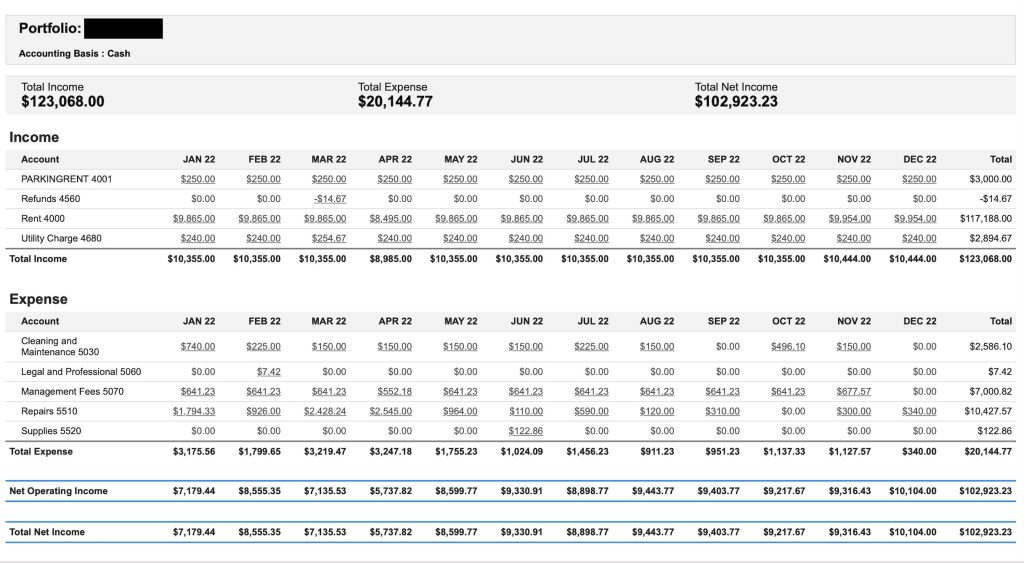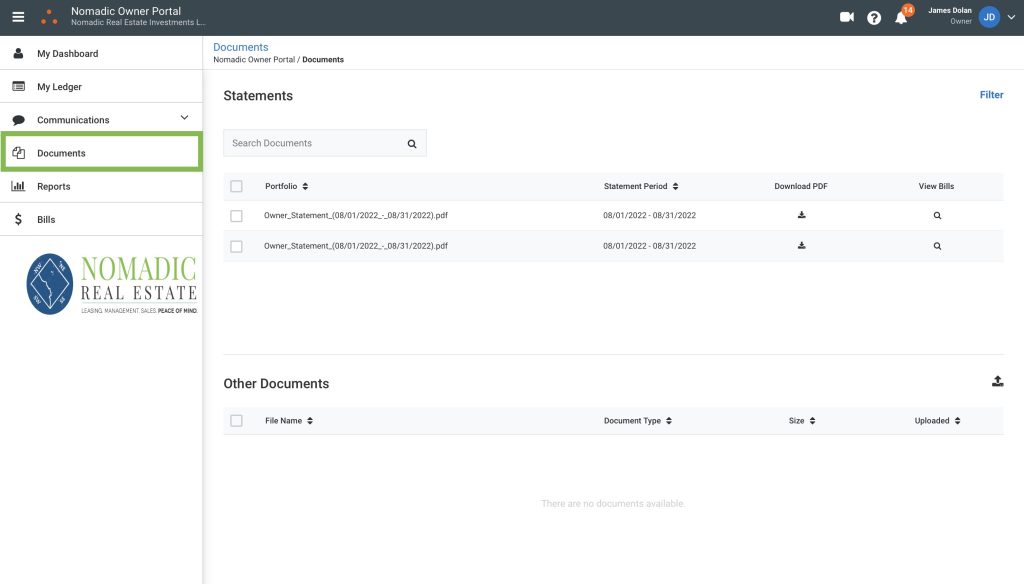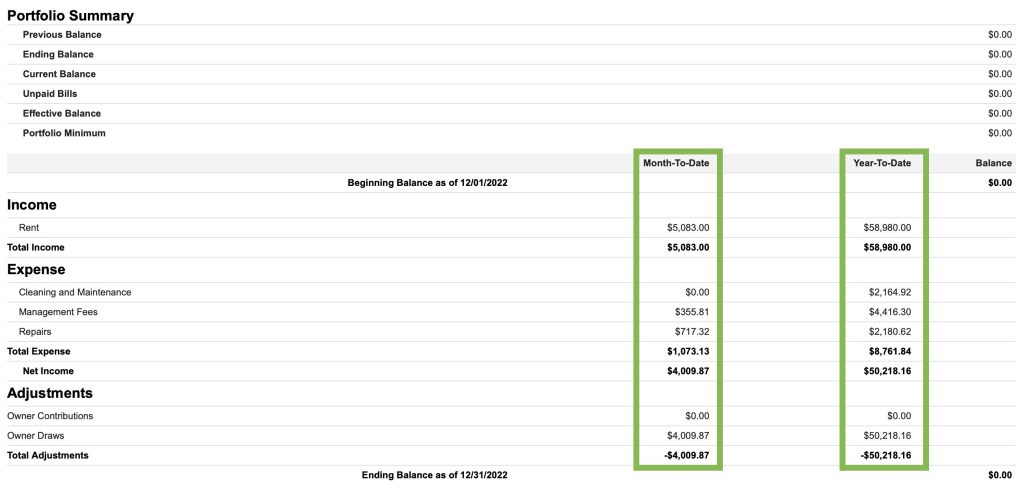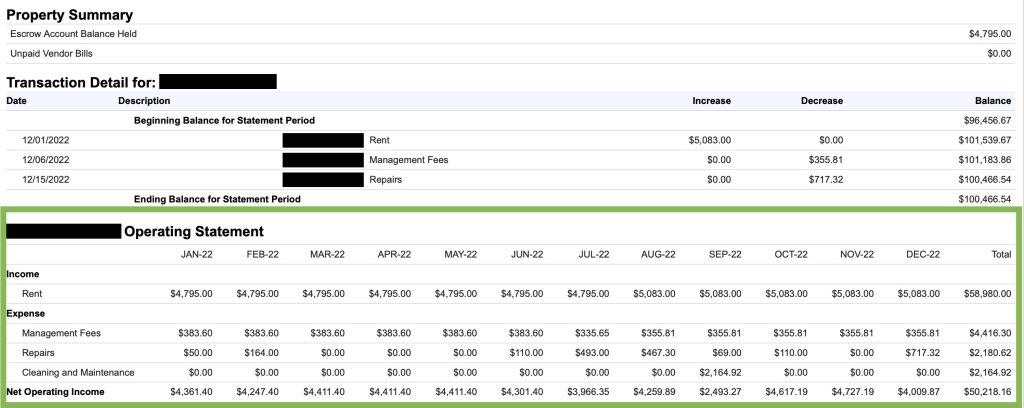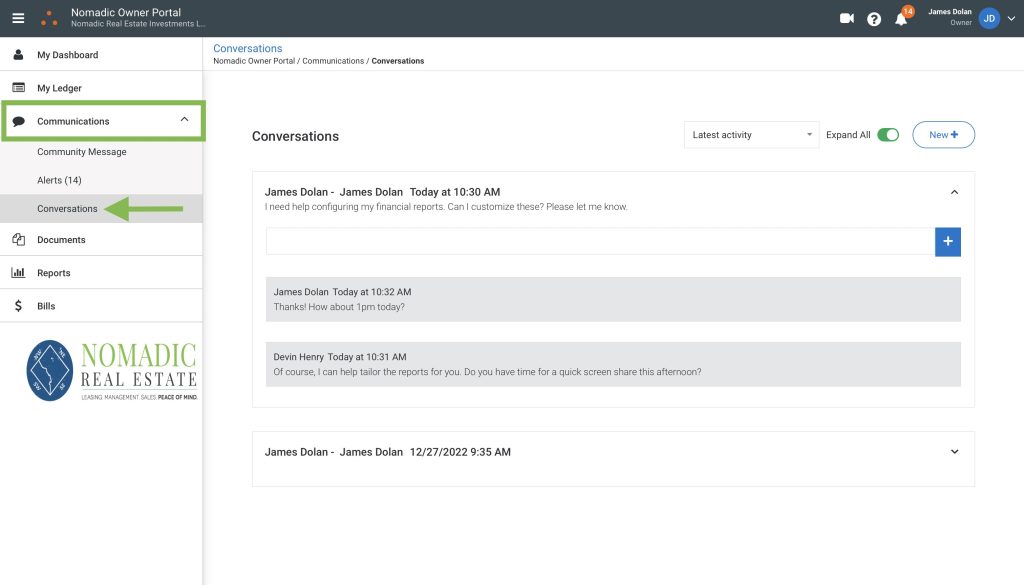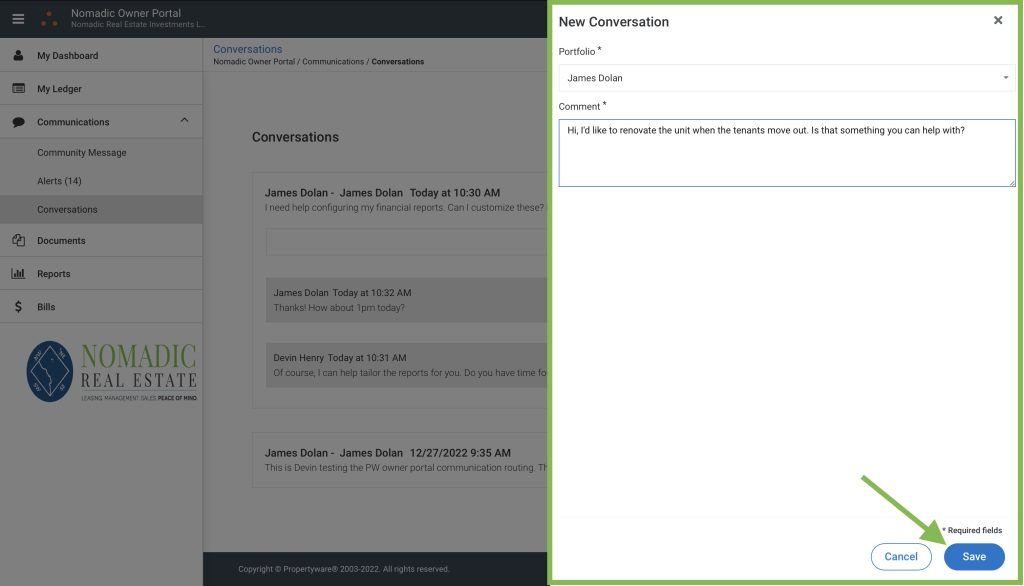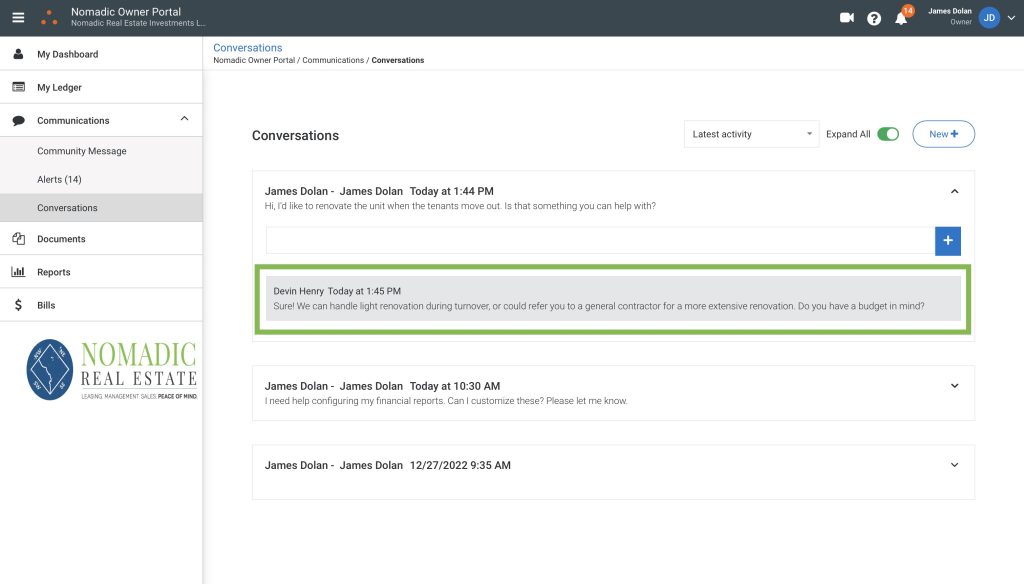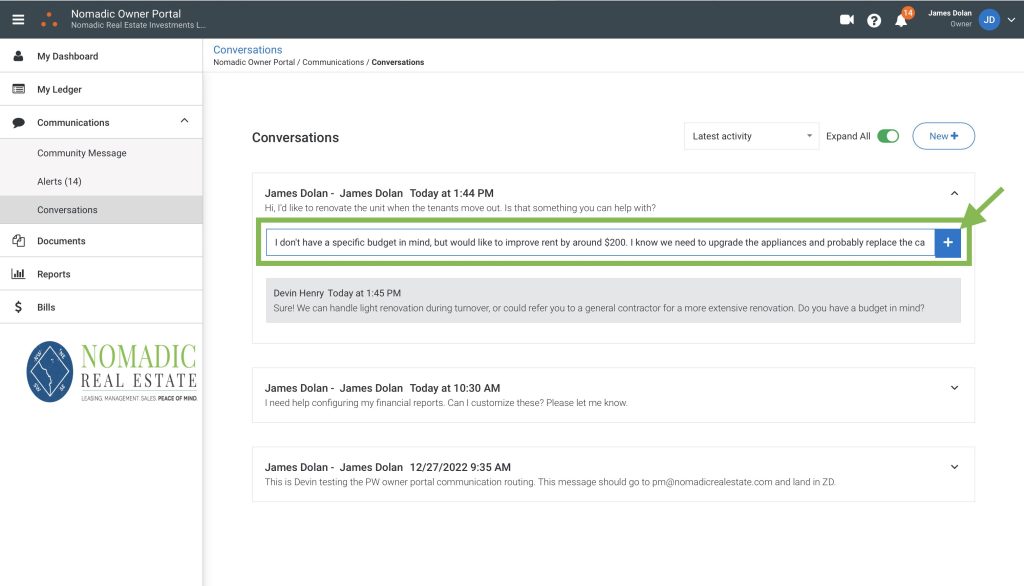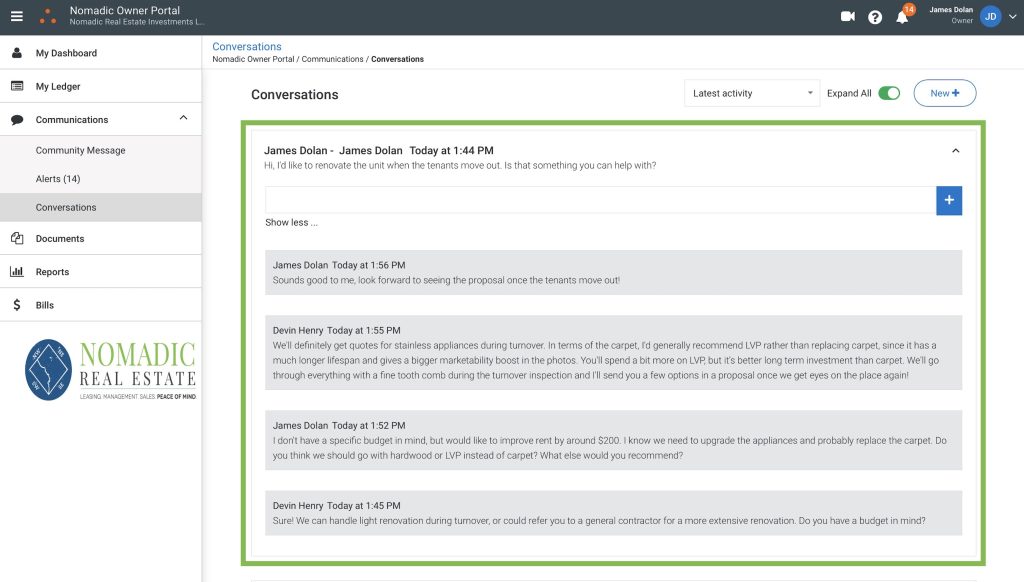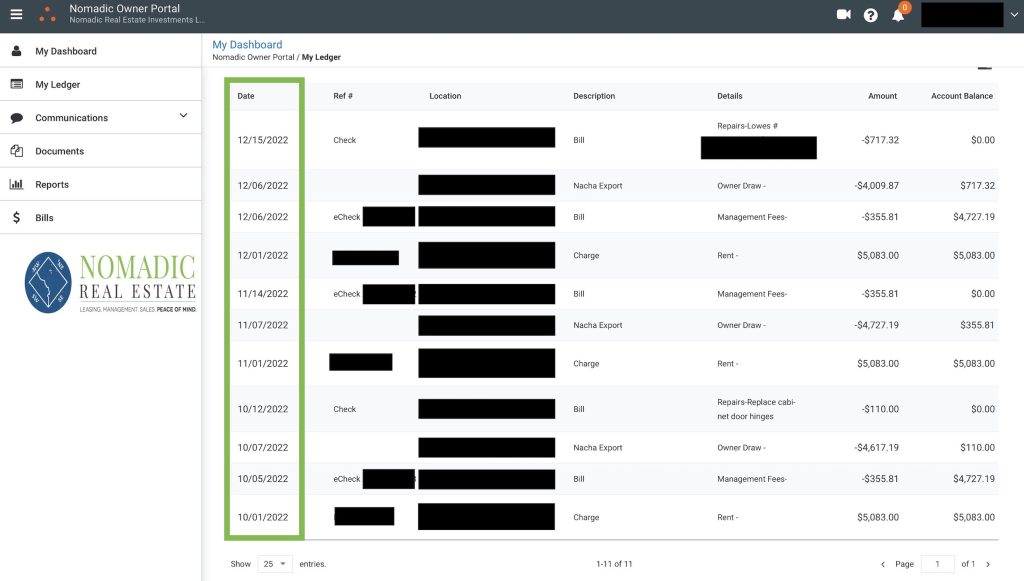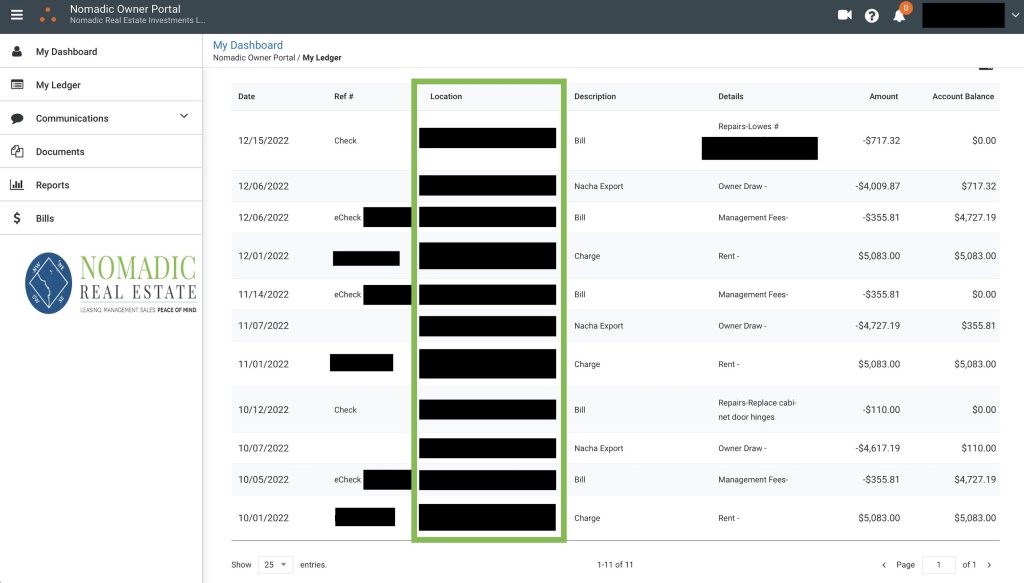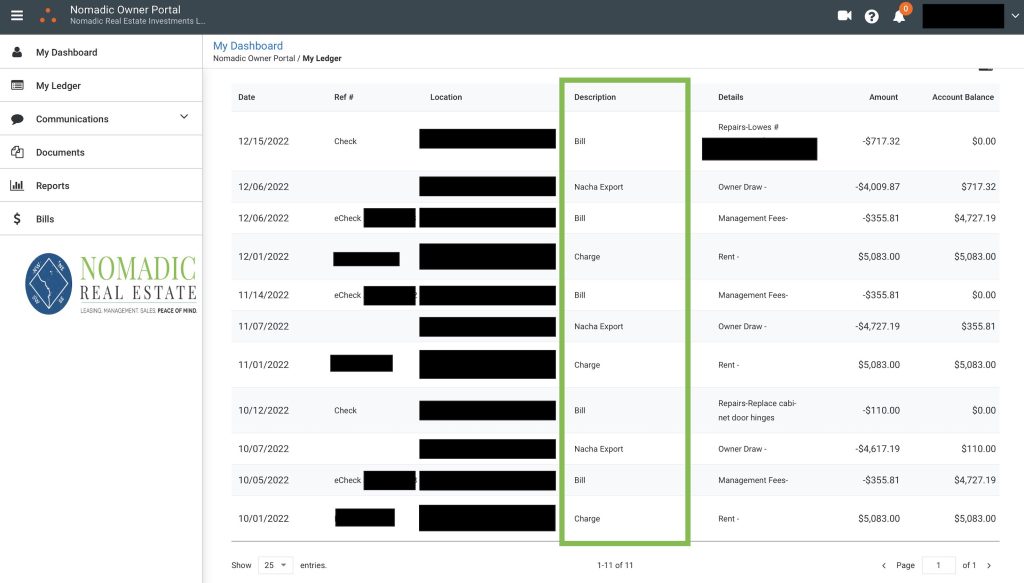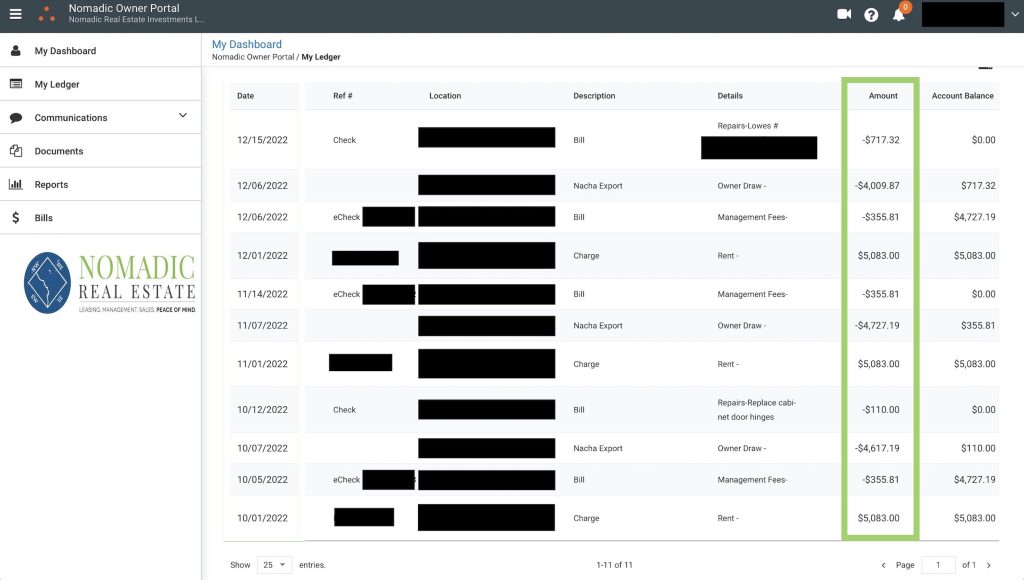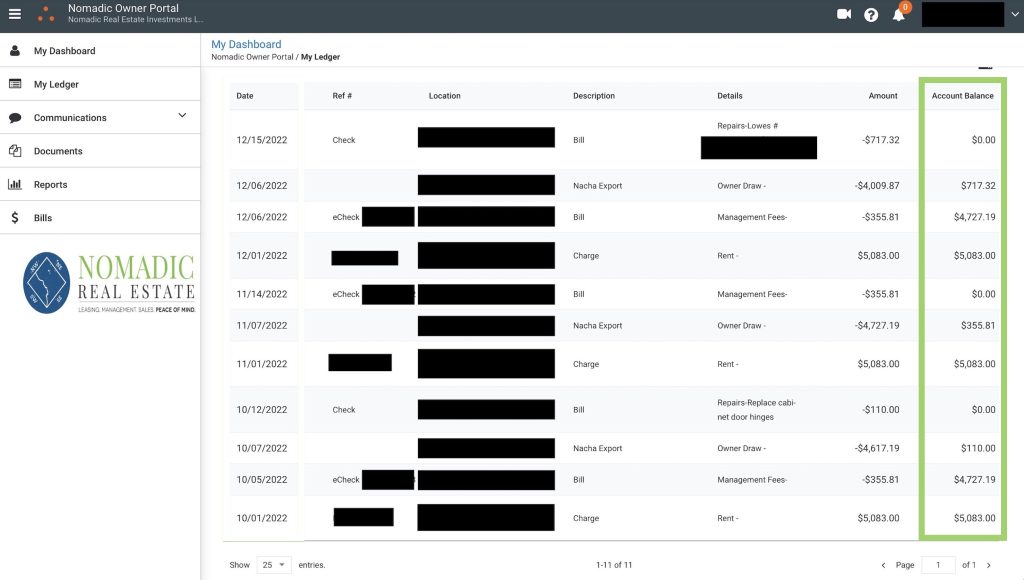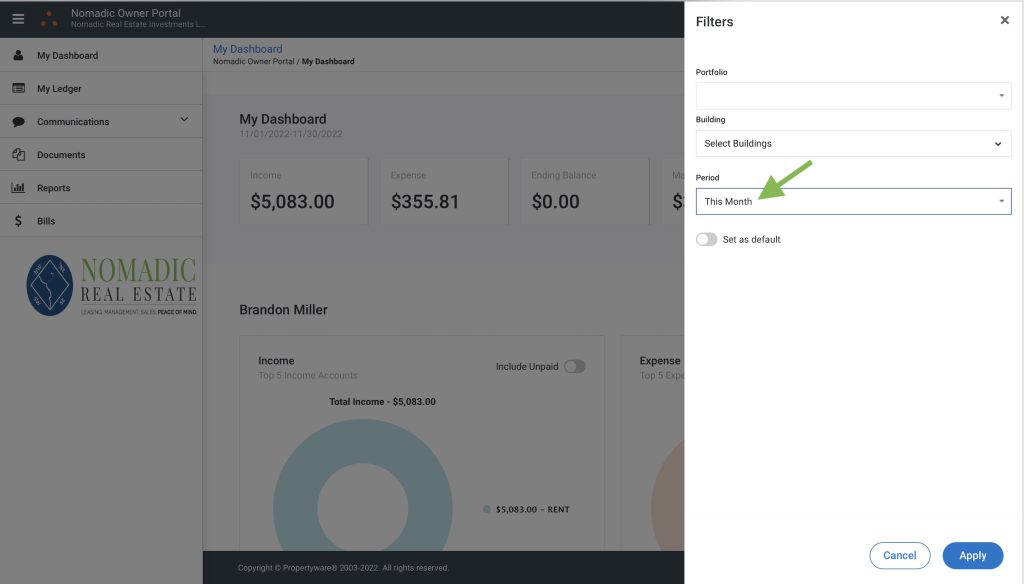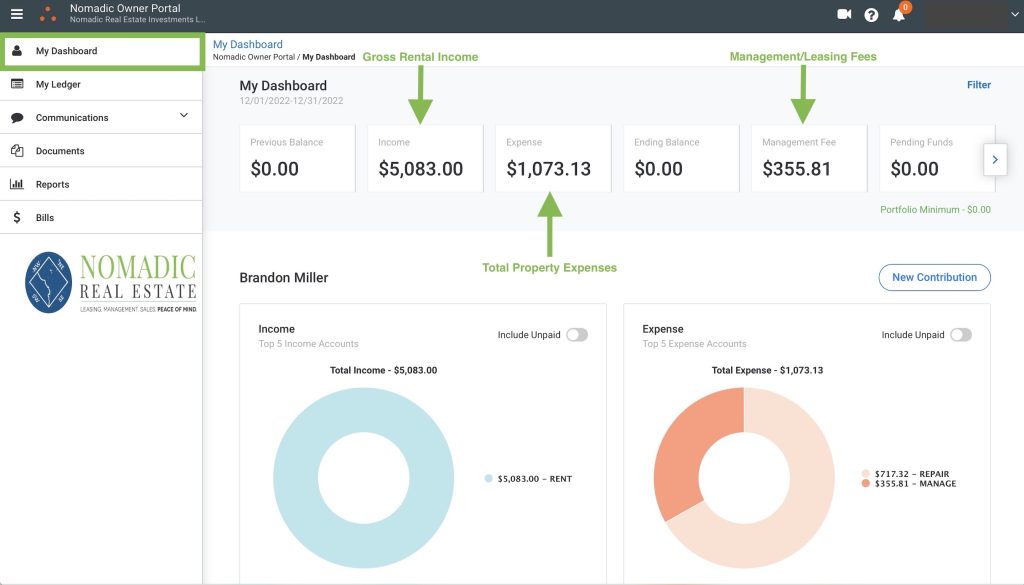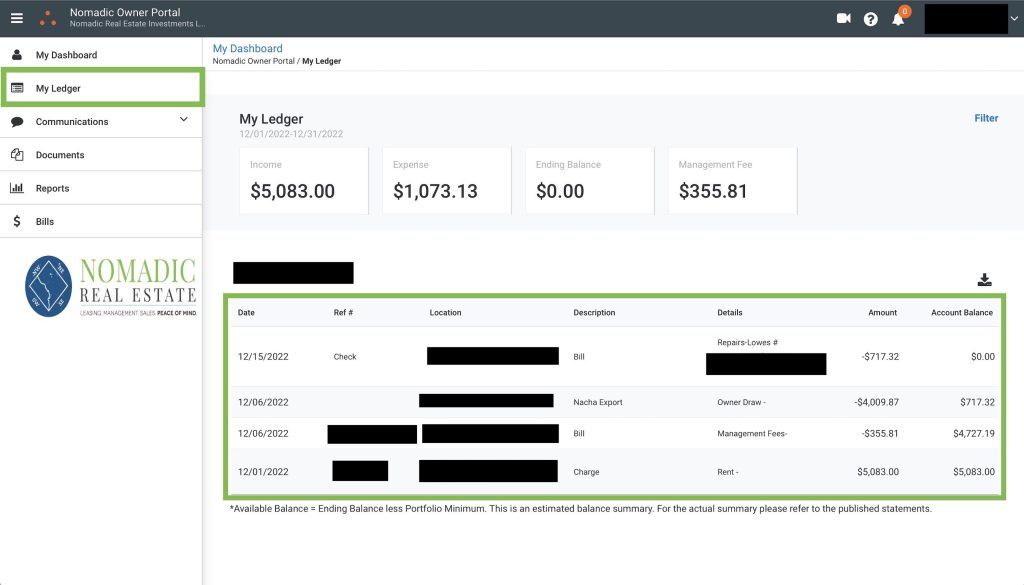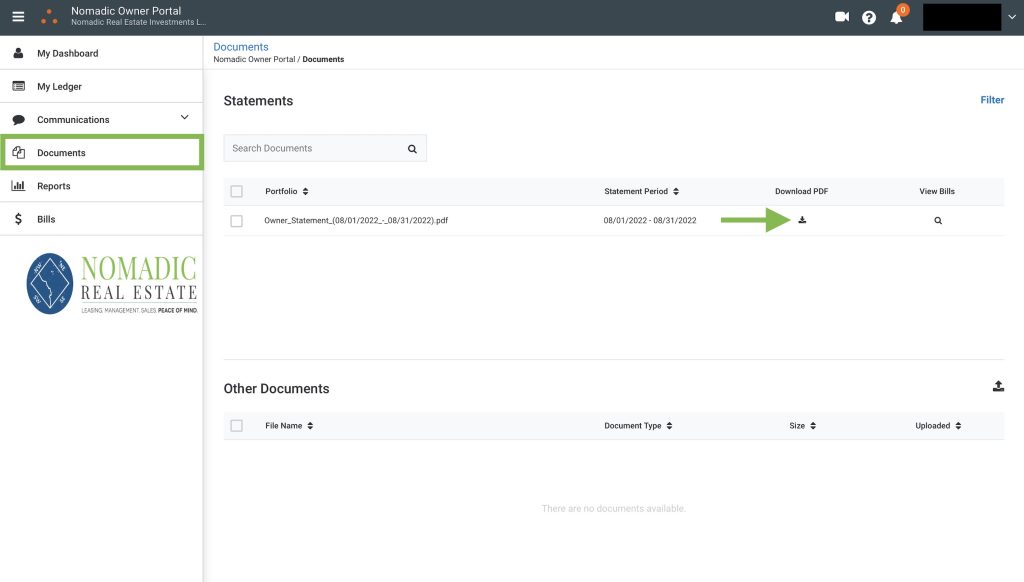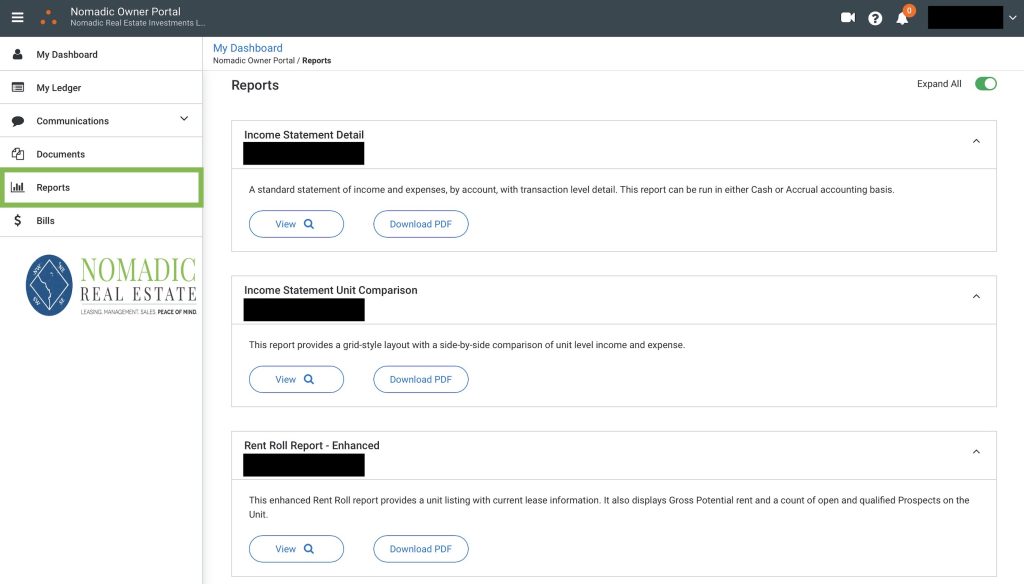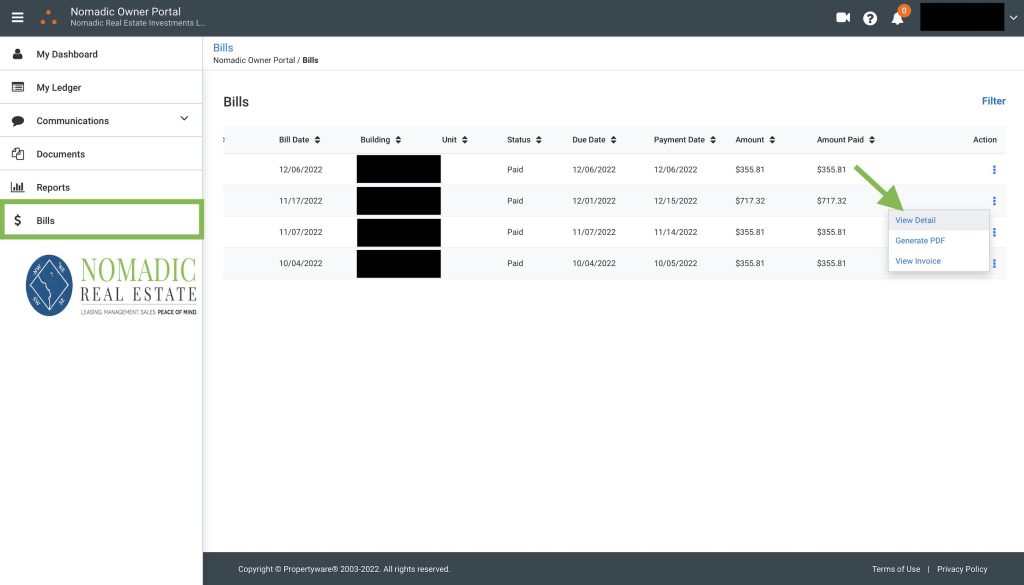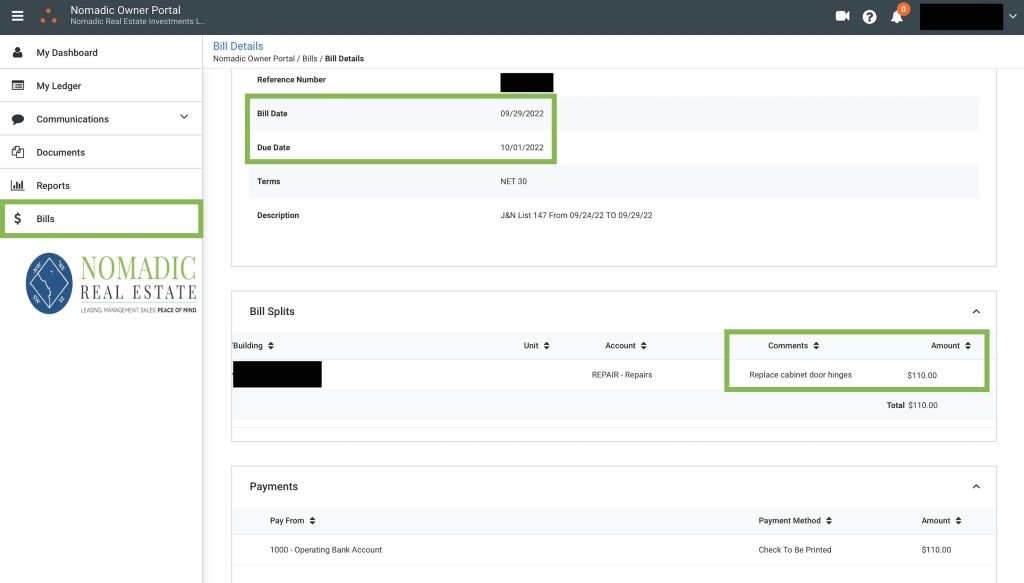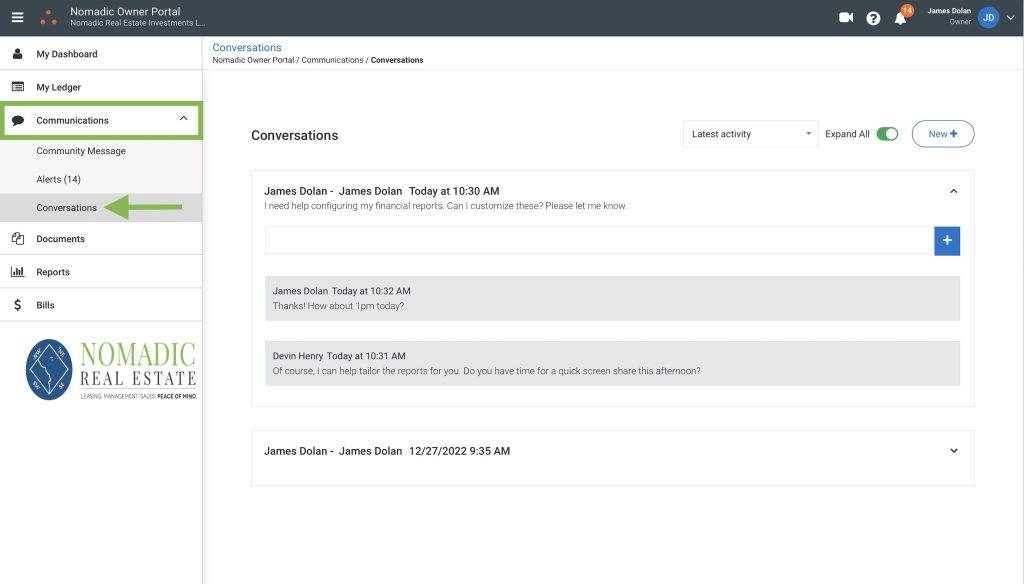There are more than 48 million rental properties across the country. That is a huge opportunity for income for the landlords of those properties, but between making sure you’re following local laws and dealing with unfriendly tenants — among other facets — managing rental properties isn’t always as easy as it seems like it should be.
If you find yourself struggling to be profitable or enjoy your rental business, it may be time to hire a real estate management team to help. Here are 13 signs you might be ready for outside real estate property management help in the Great Falls, VA area.
1. Too Many Vacancies
2. Ineffective Tenant Screening Processes
3. Poor Communication Skills
4. Issues Collecting Rent
5. Too Much Maintenance
6. Overwhelmed by Legal Agreements
7. Record Keeping Skills are Lacking
8. Increasing Negative Reviews
9. Unsure of Proper Landlord Policies
10. Can’t Respond to Tenants’ Needs
11. Aren’t Enjoying Being “On-Call”
12. Don’t Understand Applicable Laws
13. Not Making Any Money
1. Too Many Vacancies
Vacancies are empty home spaces that are available to rent, and they are the worst thing for any landlord because they mean no income is coming in. A few vacancies are bound to happen with any rental property. The logistics of individuals moving out and in don’t always align, for example, or there may be logical reasons — like renovations — that make vacancies necessary.
Too many issues or problems that start to last too long, can be a major problem for the owner because they’re likely losing money, however. Marketing the property in several ways can help fill those vacancies, but that process takes time and some skill to make one home stand out among the other properties available for rent.
A real estate management team will be well-versed in making the properties the serve the most appealing options, which, in turn, helps fill them up quickly.
2. Ineffective Tenant Screening Processes
A landlord definitely doesn’t want vacancies, but it also shouldn’t fill its properties with just anyone who applies. There should be a thorough screening process before an applicant is approved to live there. The landlord will want to make sure potential tenants have histories of making good, on-time payments, for example, and that they haven’t caused problems for previous landlords.
This screening process helps landlords feel confident that they aren’t going to have extra drama on their hands, and, most importantly, that they’ll get paid rent on time and in the right amounts. As you can imagine, creating and fulfilling an effective screening process can be a bit tricky. The screening needs to be thorough to get a real sense of the applicant, as well as verified to make sure it’s truthful. A real estate management company likely has a screening process in place that helps find the best tenants.
3. Poor Communication Skills
A landlord and property owner have a lot of responsibilities and need specific skills to be successful. One of the most basic and important is good communication. It’s their job to interact with the tenants and disperse official information, after all. That would include updates on the property, changes in policies, and the collection of rent, as well as communicating with tenants regarding any issues they have.
If you aren’t comfortable with a lot of interpersonal communication, it can be difficult to get everything that you need to do done. This can also cause a lot of unnecessary stress. Rather than worrying that you’re not getting your messages across clearly or putting off communicating with your tenants, hire real estate management services to handle all of that for you.
4. Issues Collecting Rent
Collecting rent is crucial to the success of your rental property. Without the rent, there’s no point because you aren’t making any money, but sometimes collecting it sounds easier than it actually is.
Occasionally — or more often if you aren’t screening properly — you’ll have a tenant who is just horrible at getting their payment in on time. It’s your responsibility as the landlord to go and collect it, and that can be uncomfortable. You can also get into tricky situations when someone is unable to pay for whatever reason. These are the times when being a landlord isn’t fun.
Apartment management companies understand these problems and have great solutions available. They’ll work with you before any incidents to come up with a plan for how you’d like things to be handled. You can then be confident that they’ll handle everything for you and get your money if any issues arise.

5. Too Much Maintenance
If you’ve ever owned any type of property, you know doing so comes with regular maintenance and repairs. There will always be work that can be done, and handling all that work — even if you’re just overseeing it and scheduling repairmen — can turn into a full-time job. This is especially true if you have more than one property.
Real estate management companies do a great job of taking over that portion of the job. Most have a service where tenants can contact them with problems to have them dealt with quickly. This is very important as certain issues have to be resolved within a set timeline to stay compliant with the law. Handing over the repair and maintenance responsibilities will make a huge difference in your workload as a landlord.
6. Overwhelmed by Legal Agreements
After you find the right tenant, you’ll need them to sign a legal lease or rental agreement. This document just specifies the terms for occupying the space, including outlining what both parties are responsible for and any other rules the tenant must follow. Each party can be held to it after signing in case the terms aren’t followed.
It’s the landlord’s job to provide a legal agreement with everything they want to be included to the tenant. If that prospect seems overwhelming or you haven’t had success writing your own, a real estate management company will be able to help with this area as well. They’ll likely already have an agreement written up that can be adjusted to fit your specific needs.
7. Record Keeping Skills are Lacking
An important part of having a successful rental property is keeping detailed, specific records of all of the incoming and outgoing money. For legal and tax reasons, these records are required to prove this type of income, so you need to be diligent in making sure there’s documentation of all renovations or repairs made, rental payments, mortgage payments, and many others.
Let’s face it, record keeping just isn’t everyone’s strong suit. If that’s you, it would probably be better to hire a management company to handle it for you. The worst thing would be to get to filing your taxes and realize that you’ve been doing it wrong all year and have to scramble to figure out the solution. Just let someone else handle that headache for you!
8. Increasing Negative Reviews
We live in a world where online reviews hold a lot of weight and value in how consumers spend their money. Renting a property is no exception. There has been a sharp increase in potential tenants using online reviews to decide where to apply to live in recent years. These applicants head online first, then check out properties that look interesting to them in person later.
As a landlord, you’ll want to do a good job of promoting your positive reviews. That would mean sharing them with your listings and any social media sites, as well as asking past tenants to leave them. This area of marketing and promotion can be a lot to add to other duties. Real estate management companies understand how people search for and find places to live, so they’ll be able to promote in the best way using real reviews.
9. Unsure of Proper Landlord Policies
As the landlord, you can handle situations in the way you feel is best. There are no specific reactions to every situation that has to be handled.
Every landlord should have a clear set of policies, though. This makes it much easier to handle a wide range of problems or situations that can arise while dealing with various tenants, but creating and sticking to these policies can be hard — especially if you’re not sure what to expect from your tenants.
A real estate management team will help you navigate situations like how to raise the rent in a friendly way or how to resolve a conflict between tenants. Having this kind of help is a great way to reduce the stress of owning a rental property.
10. Can’t Respond to Tenants’ Needs
Tenants are great and the source of income for a landlord, but that also means you need to do your best to keep them happy to keep them renting the space from you. It’s the landlord’s responsibility to handle problems that the tenant brings to them, for example. That could be a repair that needs to be completed, a disagreement with another tenant, or problems with the space.
Whether the landlord handles the issues on his own or hires someone else, it still requires time and effort to get the job done. Depending on the type of property you have, you may have a constant stream of tenant needs that can be almost impossible to deal with on your own. Unless you want to spend all of your time doing that, a real estate property management team might be the way to go. Such firms have groups of people available to handle issues and communicate with the tenants, which eases everyone’s burdens immensely.
11. Aren’t Enjoying Being “On-Call”
Unfortunately, issues don’t just come up during the most convenient times for you. A tenant could have an emergency problem in the middle of the night, for example, or you could need to have several meetings during your hours working for another job. All of these things can make the management of your property difficult unless you want to be available 24/7.
The good news is that larger real estate management companies do have 24/7 service lines for clients and their tenants. That means emergency repair calls will go to this service line to be dealt with instead of going to your phone. In this way, a real estate management company can really free you up as the landlord, enabling you to live a normal life with fewer interruptions.
12. Don’t Understand Applicable Laws
When creating your policies and procedures as a landlord, it’s important to make sure you are compliant with all of the right laws — and there are a lot of these laws. Throughout the years, the government has put several in place to protect renters and make sure they get fair treatment. These laws can vary slightly depending on exact location, so it’s important to have a clear understanding of them.
If you don’t have a lawyer to run things by, you’ll likely miss something that you should be doing. Real estate management companies have thorough understandings of rental law since they’ve been handling these things for so long and in many places. They have a knowledge of what is and isn’t expected of them under the law, meaning you can trust them to handle it for you.
13. Not Making Any Money
The whole point of having a rental property is to make money. The investment needs to be offset by the monthly income from tenants. The money that you earn doesn’t just equal the amount that you get from renters, though. You have to factor in all of your expenses, including the mortgage payment and the time you spend managing the property.
If you aren’t earning a typical amount for your area, it may be time to look into working with a real estate management company. These companies understand the industry and how to make landlords successful. If nothing else, it’s worth a shot to see if the property can be successful and profitable.
Get Help From a Real Estate Management Company
Renting a new place, owning rental properties and real estate sounds like a great way to earn a passive income, but, it’s also a lot of work. Hiring a real estate management company to help can make all the difference. You can go from overwhelmed and not making money to relaxed and enjoying the extra funds in your bank account! If you’re ready to get started benefitting from your real estate rental properties, contact us today!










